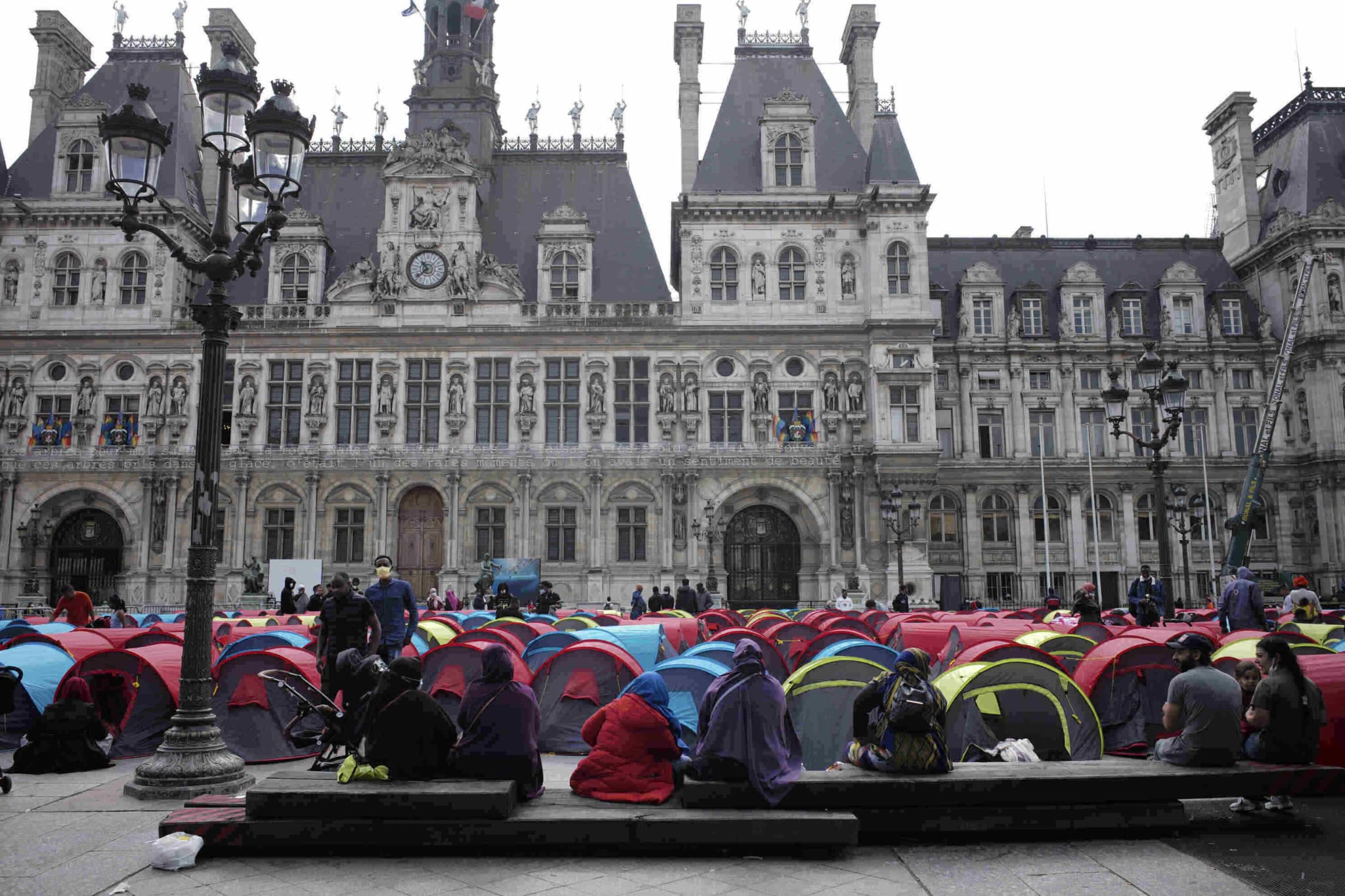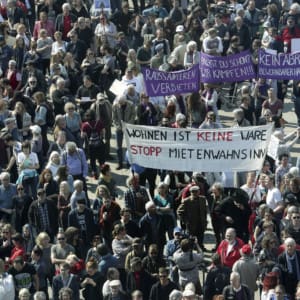France will restrict the issuance of visas to citizens of Algeria, Morocco, and Tunisia as these countries do not cooperate in expelling their citizens from French territory, government spokesman Gabriel Attal said on Tuesday. In the case of Morocco and Algeria, the number of visas will be reduced by 50 percent, and in Tunisia by 30 percent.
“It is a strict and unusual measure, which is enforced by the fact that these countries do not want to accept their citizens, which we do not want (…) in France,” said a spokesman for Attal.
According to him, for some time, Paris negotiated with Algeria, Morocco, and Tunisia to give them time to rectify the issue.
Attal added that France had to make a decision and hopes the approach of the three North African countries would change.
Paris claims that the three countries are not cooperating in the return of their citizens, who have been ordered to leave French territory. These people often need a temporary passport from the consulates of the countries of origin because they have destroyed their identity documents in an effort to make deportation more difficult.
However, the consulates of North African countries issue new documents only slowly or not at all. According to the Le Monde daily, from January to July this year, almost 8,000 Algerians received deportation verdicts, but only 22 actually left France.
The daily reports that the number of visas for citizens of Morocco and Algeria will be reduced by 50 percent and by 30 percent in the case of Tunisia.
The French authorities have already limited the number of visas in previous years. In 2017, the French consulates issued 420,000 visas in Algeria, compared to only 200,000 in 2019. Last year, the number fell below 100,000, partly due to the Covid-19 epidemic.
Migration is once again becoming a major issue ahead of the presidential elections in the first half of next year. Marine Le Pen announced on Monday that she would call a referendum on tightening migration laws if elected.





